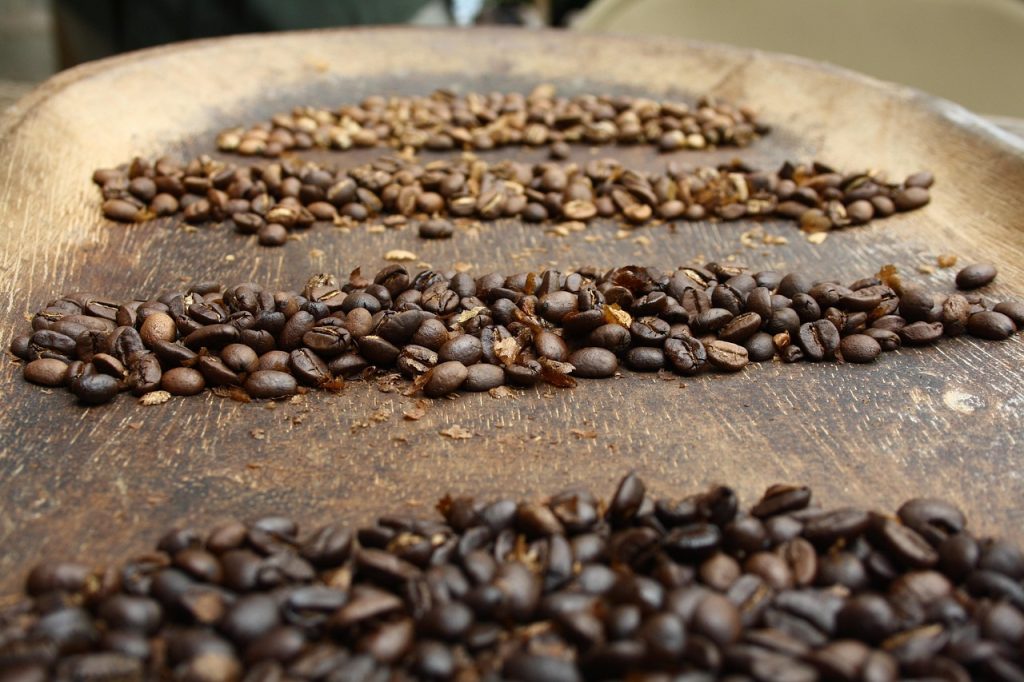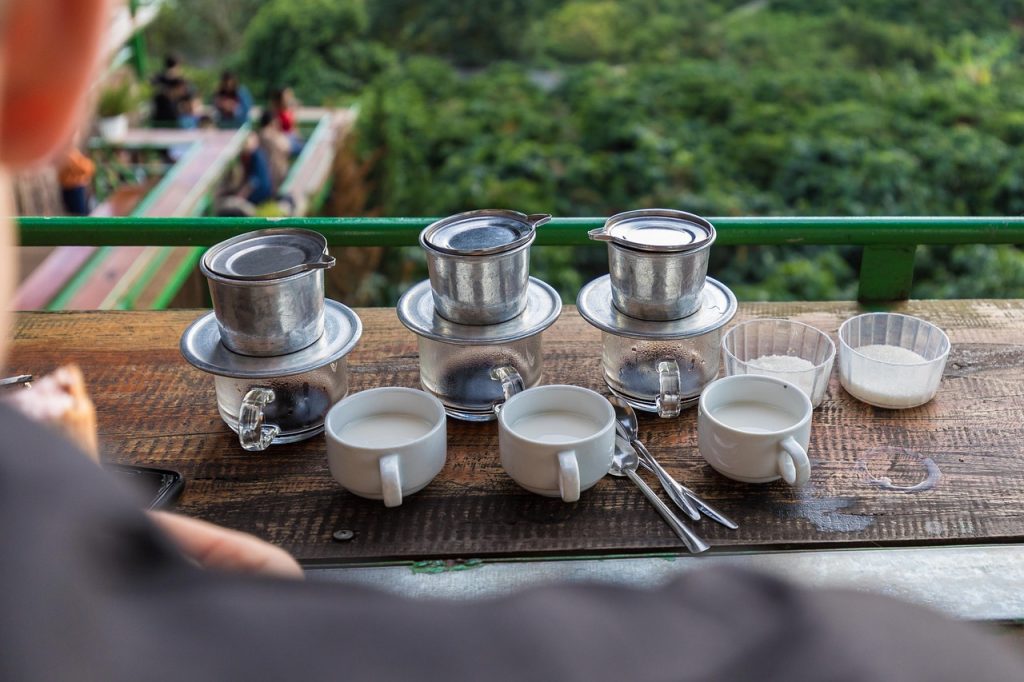Bali is not only famous for its beaches, temples, and cultural richness—it is also home to some of the world’s most fascinating coffee traditions. For centuries, coffee has played a vital role in the island’s agriculture and daily life, with plantations nestled among misty mountains, fertile volcanic soils, and lush green valleys. From the aromatic Arabica beans grown in the cool highlands of Kintamani to the globally renowned Kopi Luwak, Bali offers a coffee culture that is as diverse as it is unique.
Visiting a coffee plantation in Bali is more than just a tasting experience; it is an opportunity to witness the artistry of cultivation, learn traditional roasting techniques, and connect with local farmers who carry generations of knowledge. For coffee lovers, these plantations are not just stops on a tour—they are destinations where stories, flavors, and landscapes blend into an unforgettable journey. In this guide, we’ll uncover the top coffee plantations in Bali that every coffee enthusiast should visit, whether you are a casual drinker or a true connoisseur seeking to understand the island’s coffee heritage.
Top 10 Coffee Plantations in Bali Every Coffee Lover Should Visit

In this guide, we’ll explore some of the top coffee plantations in Bali that every coffee enthusiast should visit, highlighting what makes each one special and why they deserve a spot on your itinerary.
1. Bali Pulina Coffee Plantation
Nestled in the lush hills of Ubud, Bali Pulina Coffee Plantation is one of the island’s most famous coffee destinations. Visitors are welcomed with sweeping views of rice terraces and tropical greenery while learning about Bali’s traditional coffee-making process.
The plantation is particularly known for its kopi luwak, which is made from beans eaten and naturally fermented by civet cats. Guests can watch how the beans are collected, cleaned, roasted, and brewed, gaining insight into this unique and controversial process. Beyond kopi luwak, Bali Pulina offers tastings of various coffees and herbal teas, served in an open-air pavilion overlooking the stunning countryside. It’s a place where sipping coffee becomes an unforgettable experience in harmony with nature.

2. Satria Coffee Plantation
Located near Ubud, Satria Coffee Plantation is another well-loved spot for coffee and tea tastings. Visitors are greeted with warm Balinese hospitality and introduced to a wide variety of brews, including vanilla coffee, ginseng coffee, and ginger tea.
Like Bali Pulina, Satria also produces kopi luwak and provides demonstrations of traditional roasting techniques using clay pots over open fires. What makes Satria special is the diversity of flavors available for sampling, allowing visitors to explore how Balinese coffee can be infused with spices and herbs to create unique drinks. It’s a plantation that combines education with a fun, interactive tasting experience.
Also read: 7 Highly Recommended Bali Contractors for Foreign Investors in 2025
3. Teba Sari Coffee Plantation
Teba Sari Coffee Plantation, also near Ubud, offers a rustic and authentic glimpse into Balinese coffee culture. The plantation is family-owned and designed to showcase traditional farming practices.
Visitors can walk through coffee trees, cocoa plants, and spice gardens, learning how these crops are cultivated and used in Balinese households. Tastings include coffee blends, flavored teas, and the famous kopi luwak. The atmosphere at Teba Sari feels more personal and down-to-earth compared to larger plantations, making it ideal for those who want a deeper cultural connection during their visit.
4. Munduk Moding Plantation
Located in the highlands of North Bali, Munduk Moding Plantation is more than just a coffee farm—it’s also a boutique resort that offers guests a full immersion into plantation life. The area is famous for its cool climate, misty landscapes, and fertile volcanic soil, all of which contribute to the rich flavor of its Arabica beans.
Guests can take guided tours of the plantation, learning every step of the coffee production process from bean to cup. The resort also offers opportunities to participate in activities like roasting and brewing. Of course, the experience is elevated by breathtaking views of mountains and forests, making Munduk Moding an unforgettable coffee destination for travelers who want to combine learning with luxury.
5. Alam Sari Agrotourism
For those who want to experience coffee alongside a broader understanding of Balinese agriculture, Alam Sari Agrotourism is an excellent choice. This plantation highlights not only coffee but also other important crops such as cocoa, cloves, and spices.
The guided tours emphasize traditional farming methods, giving visitors insight into how agriculture remains deeply connected to Balinese culture and daily life. Tastings feature an array of coffee and tea options, including herbal infusions that are both refreshing and soothing. The setting is tranquil, with lush gardens and open-air tasting areas, creating an ideal environment for learning and relaxation.
6. Kintamani Coffee Plantations
When talking about Balinese coffee, the Kintamani highlands deserve a special mention. Situated on the slopes of Mount Batur, this region is the heart of Arabica production in Bali. The volcanic soil, high altitude, and cool climate create the perfect conditions for cultivating beans with bright acidity and citrusy notes that distinguish Kintamani coffee from other varieties.
Unlike single plantations, visiting Kintamani often means touring multiple small farms and cooperatives. Many of these are run by local families who welcome visitors to see their fields, taste freshly brewed coffee, and purchase beans directly from the source. For coffee purists, Kintamani is the ultimate destination to understand why Bali’s Arabica is so highly regarded.
7. Munduk Coffee Plantations
Munduk, in northern Bali, is one of the oldest coffee-growing regions on the island. Coffee was first introduced here by the Dutch during colonial times, and the legacy continues today with plantations that still use age-old techniques.
Visitors can explore scenic walking trails that pass through coffee farms, waterfalls, and clove plantations. Tours often include stops at traditional roasting houses where beans are processed using firewood stoves. The experience is as much about history and culture as it is about the coffee itself, making Munduk a fascinating stop for travelers interested in both heritage and flavor.
8. Abian Kusuma Sari Agrotourism
Abian Kusuma Sari is another plantation near Ubud that combines coffee production with educational tourism. This plantation emphasizes community values and environmental sustainability, making it a great stop for eco-conscious travelers.
Visitors can learn about organic farming methods, walk through lush coffee gardens, and enjoy tastings that include herbal teas and flavored coffees. The plantation is also known for its warm, family-run atmosphere, which adds a personal touch to the experience. It’s an ideal spot for travelers seeking a more intimate connection with Balinese coffee culture.
9. Hidden Village Coffee Plantations
Beyond the well-known plantations, Bali is dotted with smaller, lesser-known coffee farms that offer equally rewarding experiences. These hidden gems are often family-owned and may not appear on standard tourist itineraries, but they provide authentic, uncommercialized insights into coffee farming.
In these villages, visitors can witness traditional cultivation, roasting, and brewing without the crowds. Tastings often include homemade snacks, and purchases directly support local families. Exploring these hidden plantations is perfect for travelers who want a truly authentic and off-the-beaten-path coffee adventure.
Also read: Top 10 Architect Services in Bali for Stunning Tropical Designs
10. Bali Luwak Coffee Plantations
No discussion of Balinese coffee plantations would be complete without mentioning the many farms dedicated to producing kopi luwak. While the production of civet coffee has been controversial due to animal welfare concerns, some plantations are shifting toward ethical practices, ensuring that civets roam freely and are not caged.
For coffee enthusiasts curious about this unique process, visiting a plantation that prioritizes animal welfare can be both educational and eye-opening. Guests can learn how the beans are collected, cleaned, and roasted, and they can decide for themselves whether to try a cup of the world’s most expensive coffee.
Final Thoughts
Bali’s coffee plantations offer much more than just a chance to drink great coffee—they provide windows into the island’s history, culture, and connection to the land. From the highland Arabica farms of Kintamani to the rustic charm of Ubud’s family-run plantations, each destination has its own story to tell.For coffee lovers, visiting these plantations is an unforgettable experience: walking among the trees, learning the craft from local farmers, and tasting coffee at its freshest.
Whether you’re sipping a strong cup of Kintamani Arabica, experimenting with flavored blends, or trying the world-famous kopi luwak, Bali’s coffee plantations promise memories as rich and deep as the brews themselves.

Gracia Rena
Gracia is a co-owner of the company and a seasoned professional with over 20 years of experience in the hospitality industry. Her impressive background includes roles at major organizations such as Marriott, Accor, Banyan Tree, Sudamala, and Singapore Airlines.
With a profound understanding of luxury service standards and operational excellence, Gracia brings invaluable expertise to the business. Her strategic insight and dedication to quality have been instrumental in shaping the company’s growth, ensuring its continued reputation for delivering exceptional value and innovation in hospitality and commercial projects across the region.





